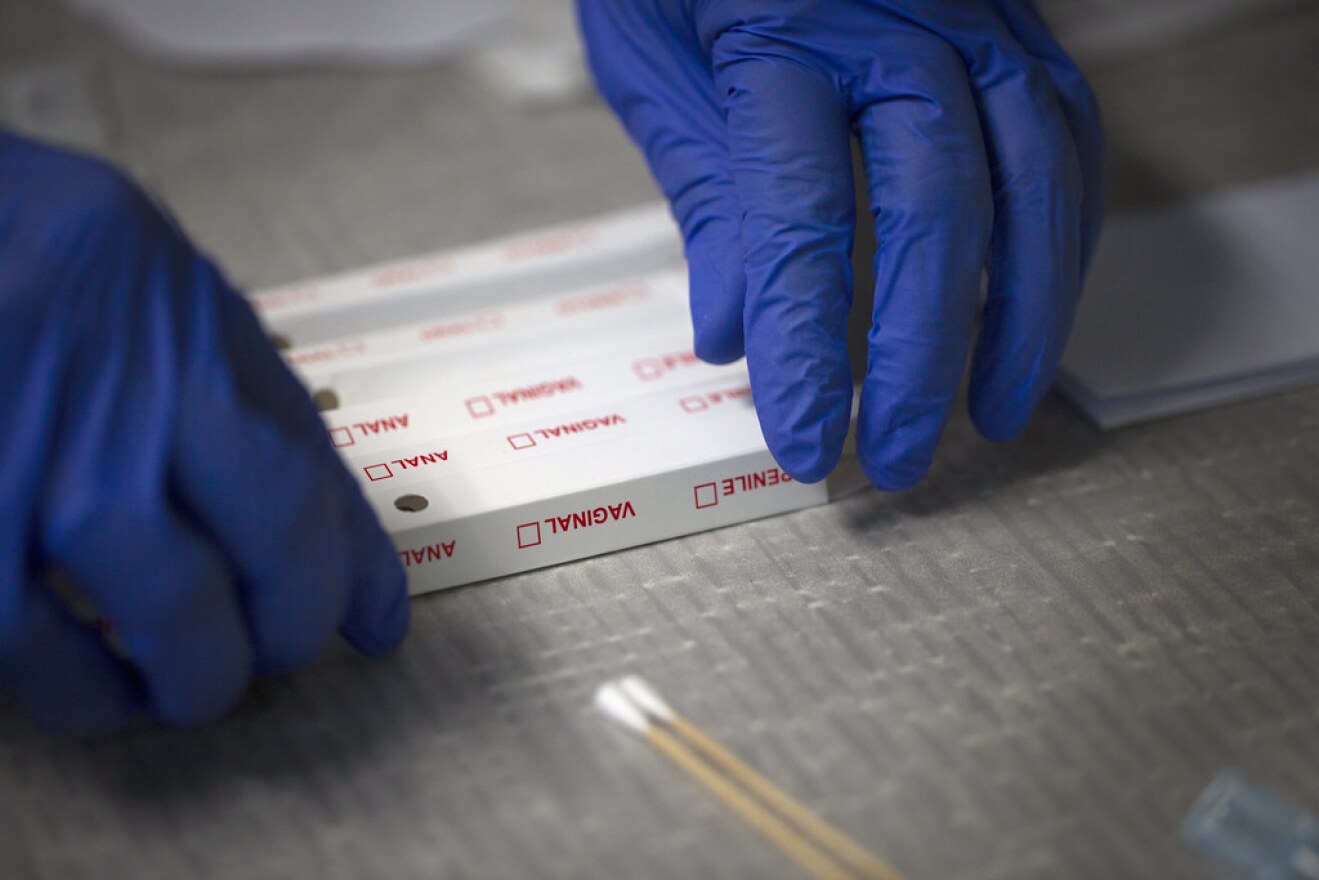The University of Texas says it has developed the first-ever guide to help police departments and communities notify victims about results of their sexual assault kits.
“[Survivors] deserve a compassionate response that is informed by the best science that we can give them and on how to notify them,” said Noël Busch-Armendariz, director of the Institute on Domestic Violence & Sexual Assault at UT's Steve Hicks School of Social Work. "Because cold calls are not the best way."
Victims have said they've been and scared away from going forward with their cases.
RELATED |
The free guide, , offers a five-step strategy that includes tools like how to determine a victim's readiness to be contacted. It also includes examples of learned lessons from cities like Houston and Memphis, as well as ways to deal with budget constraints.
Busch-Armendariz said the protocol is a response to the need for more trauma-informed training. It’s also a strategy for dealing more "humanely" with survivors whose rape kits were caught up in the nearly decade-long backlog in Texas.
She said Texas lawmakers had the "foresight to think about the future of the victims," in passing a bill last session to address the backlog in the state. , puts time limits on collecting and analyzing forensic evidence.
“[Researchers] hope that communities around the country and especially Central Texas start using the guide,” Busch-Armendariz said.
NoVA is targeted more toward victims caught up in the backlog, but can be used for “fundamental principles” in new cases and larger systemic responses.
Busch-Armendariz said her institute will informally track the effectiveness of the guidelines in the Central Texas area.
NoVA was funded by the Office of Violence Against Women at the U.S. Department of Justice.
Copyright 2020 KUT 90.5. To see more, visit . 9(MDAxODQzOTgwMDEyMTcyNjI4MTAxYWQyMw004))



